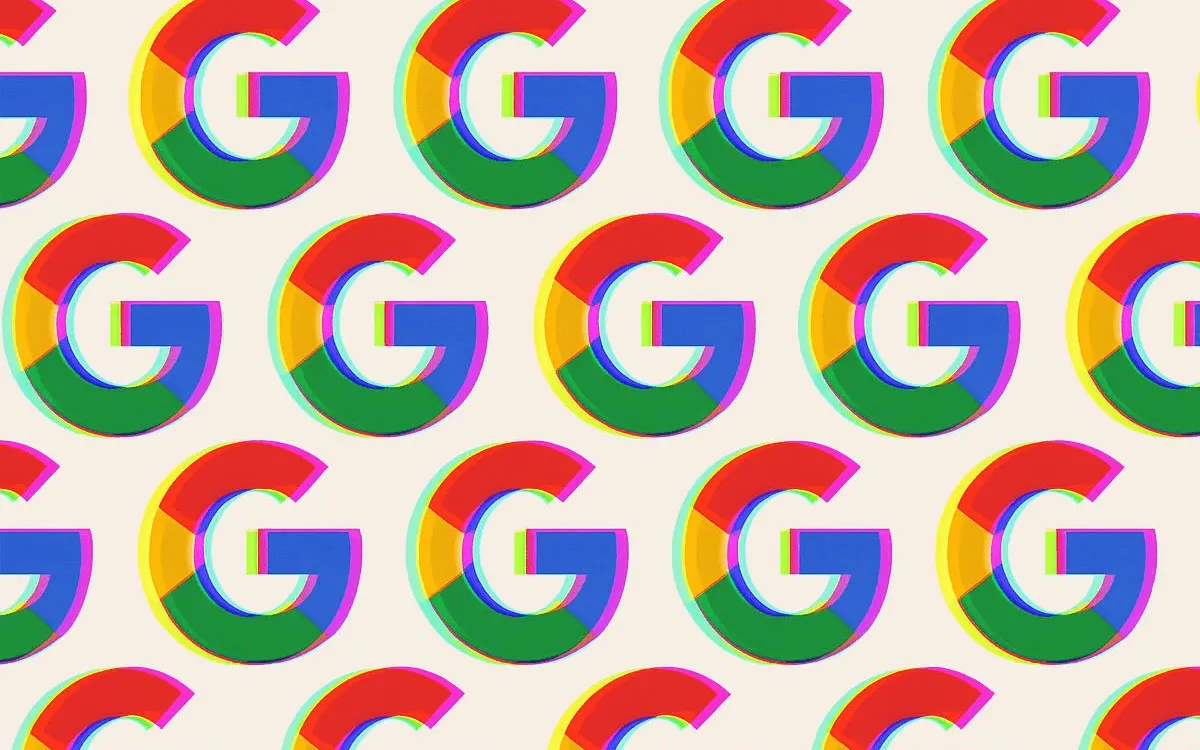
Matthias serves as the co-founder and publisher of THE DECODER, a platform dedicated to analyzing the transformative impact of artificial intelligence (AI) on the relationship between humans and computers. Through in-depth exploration and insightful commentary, THE DECODER aims to keep readers informed about significant advancements in AI technology.
In a significant move, Google has introduced implicit caching in its latest update, Gemini 2.5. This innovative feature is designed to help developers reduce their costs by as much as 75 percent. By automatically detecting and storing recurring content, implicit caching ensures that repeated prompts are processed only once, streamlining the entire development process.
According to Google, the shift to implicit caching can lead to substantial savings when compared to the previous explicit caching method. In the older system, users were required to set up their own cache, which proved to be both time-consuming and inefficient. Implicit caching simplifies this by managing the cache automatically, allowing developers to focus more on building features rather than maintaining infrastructure.
To harness the full potential of implicit caching, Google recommends structuring prompts effectively. Developers should place the stable part of a prompt, such as system instructions, at the beginning. Following this, user-specific inputs, like questions or requests, should be added. This organization allows the system to recognize and cache the stable components, ensuring that repetitive processing is minimized.
The implicit caching feature activates for Gemini 2.5 Flash at a threshold of 1,024 tokens and for Pro versions from 2,048 tokens onwards. This distinction allows developers to choose the right version based on their specific needs and the complexity of their projects.
For developers looking to dive deeper into this feature, comprehensive details and best practices can be found in the Gemini API documentation. This resource will guide users on how to best implement implicit caching and optimize their applications for efficiency and cost-effectiveness.
As a platform committed to delivering independent and free-access reporting, THE DECODER encourages readers to support its mission. Any contributions made will help secure the future of quality journalism in the realm of AI and technology. Consider supporting us today!
We invite you to join the vibrant DECODER community on platforms like Discord, Reddit, and Twitter. Connect with fellow enthusiasts and stay updated on the latest discussions surrounding AI and its implications in our lives. We look forward to engaging with you!